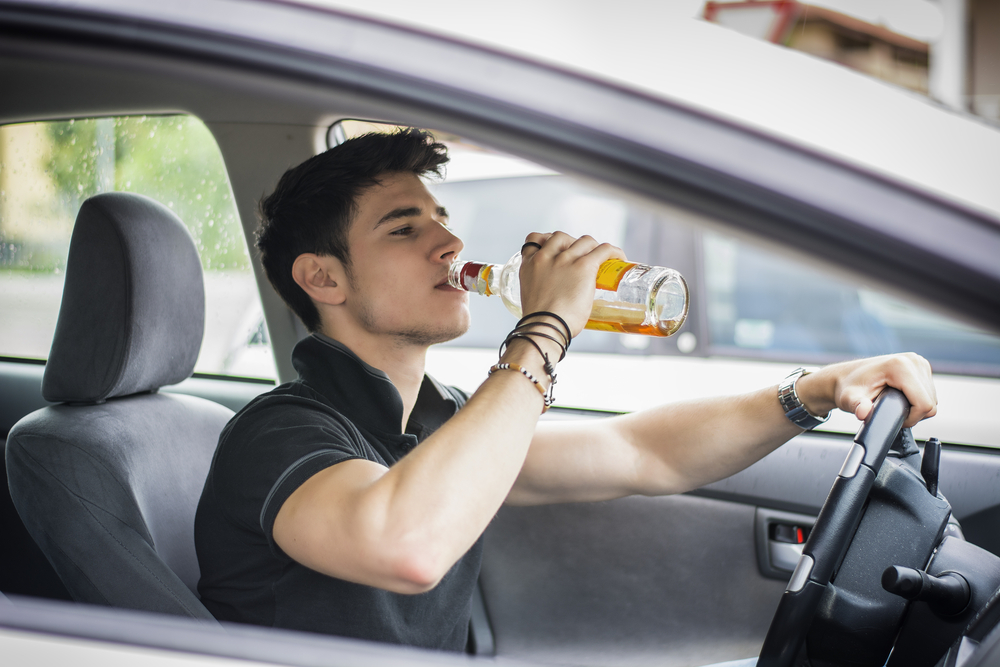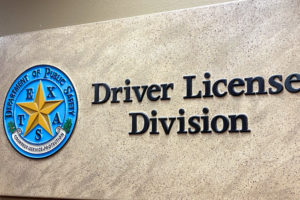
If you have been issued an under 21 driving under the influence (DUI) charge, you can face serious penalties if you are convicted. These penalties range from community service and a suspension of driving privileges to jail time.
The law gives you the right to fight the charges you face. We can use several strategies to help you overturn, dismiss, or lower the charges or penalties you face. You can learn more about how a lawyer from our team serving Euless can help handle your under 21 DUI case.
DUI Penalties in Texas
In Texas, if you drink and drive, you can receive a DWI charge for driving while intoxicated. DUI charges, however, refer to driving under the influence and are reserved for underage drinking, i.e., drinking and driving under the age of 21.
Texas follows strict zero-tolerance laws for drinking and driving, and minors can even be tried as adults if they are found driving with any detectable amount of alcohol in their system.
The age of 21 is often referred to as the minimum legal drinking age (MDLA), per the National Highway Traffic Safety Administration (NHTSA). This is because minors cannot legally purchase, consume, or possess alcoholic drinks. Doing so can lead to serious charges.
BAC Can Determine the Kind of DUI Charges You Face
The charges you may face for a DUI depend on your blood alcohol concentration (BAC) at the time of your arrest, your record of prior arrests or convictions (if any), and injuries or damages that you may have caused while drinking and driving.
DUIs are classified as a Class 3 misdemeanor. They include a two-month suspension of your driving privileges and a maximum fine of $500. Keep in mind, however, that as per the Texas Department of Public Safety (DPS), if you were drinking and driving under the age of 21, you can still receive a DWI. This will be at the discretion of the officer who issued you a ticket or arrested you.
If that happens, you can face the following penalties:
- For a first DWI, you can be jailed for between 3 and 180 days.
- For a second DWI, you can be jailed for between 30 and 365 days, with a minimum jail time of 72 hours upon conviction.
If you have a BAC of 0.15% or higher, you can be charged with either a Class B or a Class A misdemeanor, both of which are higher-order charges than a Class 3 misdemeanor. The same applies if you have an open container in your car or cause an accident that injured people.
Records in a DUI Case Cannot be Sealed
Furthermore, drinking and driving charges that include an accident will mean you will never be able to have your record sealed. This is why it is so important to understand the legal implications of the charges you face. Consider speaking with an attorney for assistance with dismissing or lowering those charges.
Misdemeanors and felonies on your record can make it difficult or impossible to find work. They can also raise your insurance premiums and make it harder to secure loans, rent vehicles, and enjoy unimpeded access to a host of other services. In short, DUI and DWI charges cannot only lead to fines and a loss of driving privileges, but can also affect your long-term independence.
Overturning or Dismissing a DUI Charge
Although you may be able to represent yourself in court and fight a DUI charge independently, losing your case can leave an indelible mark on your criminal record. We already discussed the long-term consequences of a DUI, so it should be clear that it is not worth the risk to have a blemished record or to go to jail or face the other penalties associated with DUIs.
An attorney from our team can help you fight the charges you face. Based on the nature of your arrest, the type of ticket you received, how you were stopped, and other case specifics, we will work to overturn, dismiss, or lower the charges you face. A few strategies that can be employed to do this are as follows.
Investigating the Nature of Your Arrest
If you received a DUI, the officer in question must have had a good reason for stopping you. If we can show that the officer who arrested you or issued you a ticket for a DUI did not have just cause for stopping you, we can aim to get your charges dismissed based on that fact.
If eyewitness testimony, dashcam footage, or surveillance footage show that you were not violating any laws or were not driving unsafely when stopped, this may be enough to prove a lack of just cause, and that can potentially suffice as grounds for dismissing your case.
Unreliable Test Results
Field sobriety testing (FST) equipment must be regularly serviced. If not, these instruments may not function properly or provide accurate readings that can be used in court. There can be significant swings in test results as well. Your physical condition, medicine use, tolerance or intolerance to alcohol, and the timing of the test can all cause measurable changes in results.
If it can be shown that the results produced by the prosecution to show that you were intoxicated while driving are unreliable, you may be able to dismiss the charges you face.
Officer Experience and Certification
Police officers must be certified and have the requisite experience to use the FST equipment to test you when you were stopped. We can seek to obtain the training records and credentials of the officer who arrested you or issued you a DUI. If they did not have the permission, certification, or expertise required to administer the test that was used as a basis for arresting you or issuing you a DUI, we will argue this on your behalf..
In addition to these three strategies, we will evaluate your case evidence and devise an appropriate defense based on the specifics of your case.
Contact Our Team Today
The long-term implications of a failed DUI defense are not worth the risk of representing yourself in court. For assistance with your case in Euless, contact the Law Offices of Randall B. Isenberg at (214) 696-9253. Our lawyer will help you fight the under 21 DUI charges you face.
Attorney Isenberg has more than 30 years of experience, and his career as both a former prosecutor and state district judge can be invaluable to your case.










